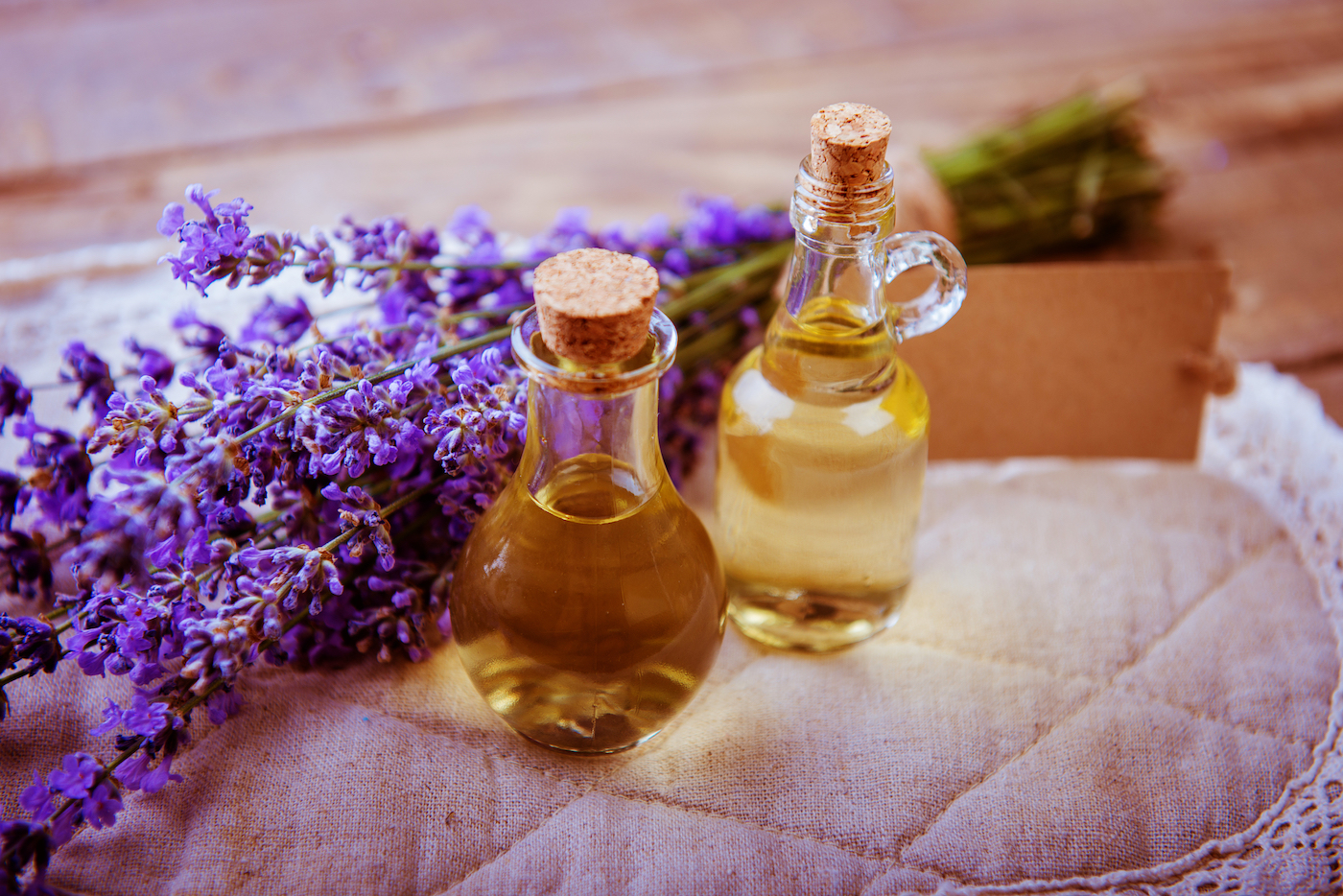
Tea tree and lavender oils can disrupt your hormones
Essential oils are usually thought of as natural and safe ingredients for soaps, lotions, detergents, and cleaning products. The oils are also recommended for a myriad of home remedies and are often used for aromatherapy.
But a new study conducted by researchers from the National Institute of Environmental Health Sciences has found that both tea tree and lavender oil contain hormone-disrupting chemicals.
The research revealed that lavender and tea tree oil could be the cause of the growing number of reported cases of prepubertal gynecomastia among young boys. Prepubertal gynecomastia refers to abnormal breast growth before puberty.
The study will be presented to the annual meeting of the Endocrine Society, a global organization that focuses on hormone research and finding new treatments for hormone diseases.
The Endocrine Society classify essential oils as safe, but this new research shows the importance of the understanding the chemical components of different oils before their widespread use in common household and hygiene products.
“Our society deems essential oils as safe,” said J. Tyler Ramsey, the study’s lead investigator. “However, they possess a diverse amount of chemicals and should be used with caution because some of these chemicals are potential endocrine disruptors.”
Endocrine glands distribute hormones throughout the body, and endocrine disruptors would be any chemicals or processes that disrupt the natural pathways and distribution of hormones.
For the study, the researchers focused on eight chemicals that are known components of lavender and tea tree oil.
The researchers then applied these chemicals to human cancer cells using an in vitro method in test tubes to see how each chemical affected or influenced the cells on a hormonal level.
Each of the eight chemicals tested and analyzed had varying degrees of influence over hormones and contained either estrogenic and anti-androgenic properties.
These properties could easily account for prepubertal gynecomastia.
What’s more, the chemicals chosen for the study are found in at least 65 other essential oils, which means that many other widely used products could have hormone-disrupting chemicals.
The results show that even though essential oils are safe, they are not regulated by the Food and Drug Administration (FDA) and could contain chemicals that are harmful to the body’s natural endocrine processes.
—
By Kay Vandette, Earth.com Staff Writer













